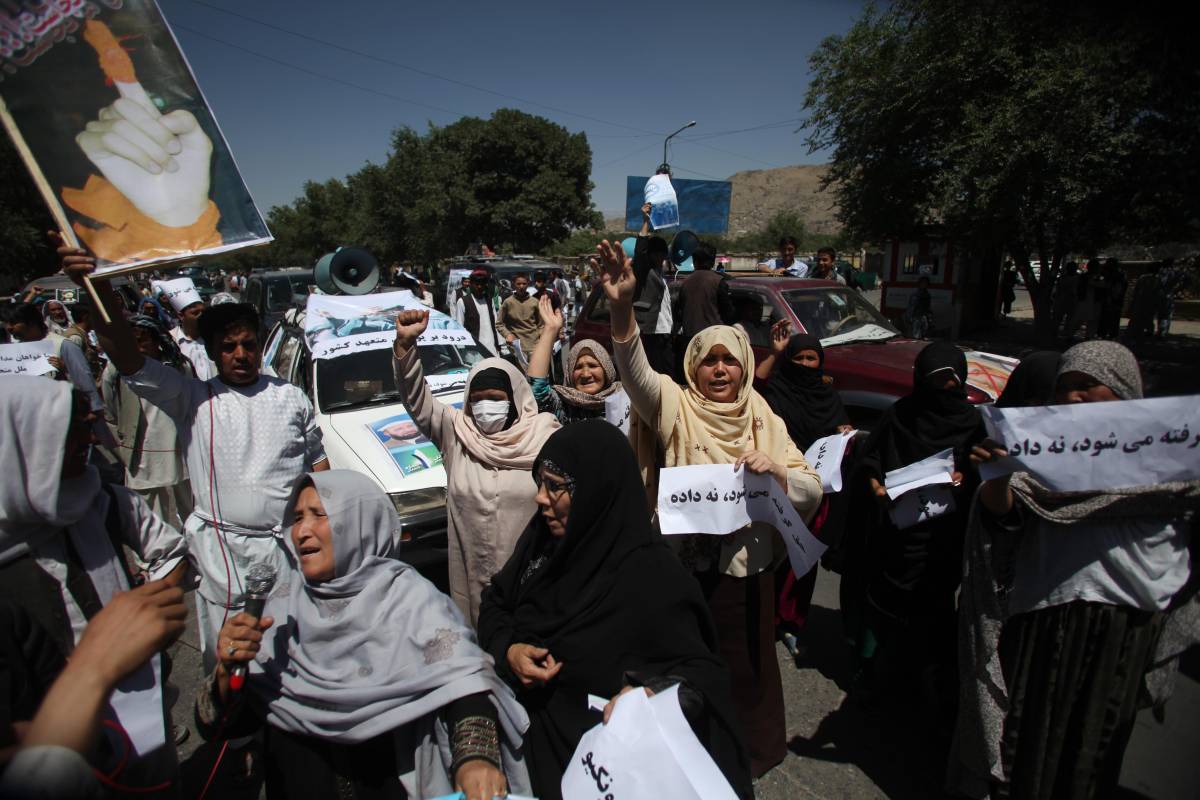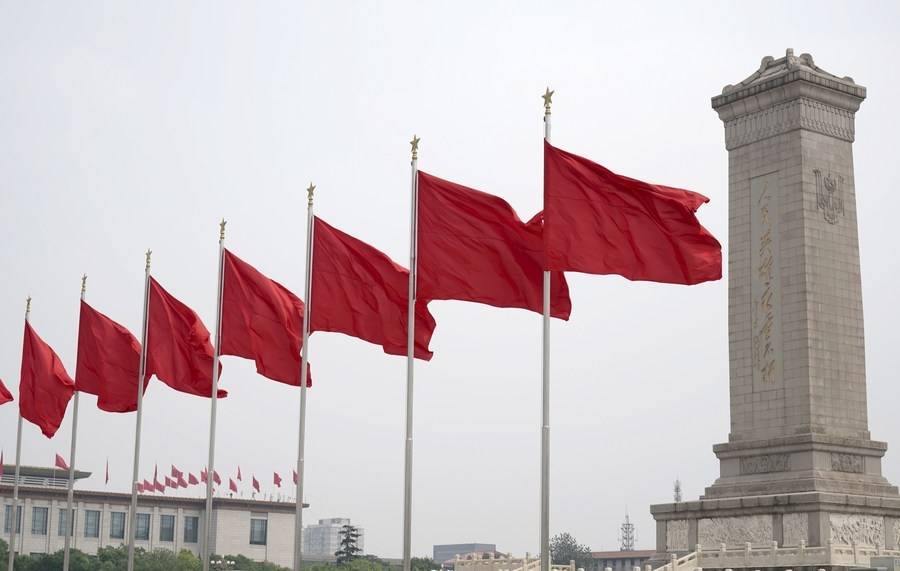It is laudable that the Indian government, recognizing the gravity of the humanitarian crisis, and in empathy and sympathy with the children and people of a proud and war-torn nation, has offered to immediately donate 50,000 tonnes of wheat-grains to Afghanistan … an article by Robinder Nath Sachdev & Dr. Anand Kumar Agnihotri
The title of this column today is inspired by the title of a piece that your author wrote way back in 2007, when the US-India civil nuclear deal was being negotiated. Therein I had argued that the US-India nuclear deal was not only about energy — but that rather it was more a deal about “Atoms of Peace and Trust” between the United States and India.
Once the deal was done, there was a quantum jump in mutual trust between the two countries – and it marks a historic milestone of a hockey-stick curve upswing in US-India relations. Now, we are in 2021, and I invite you dear reader, to join me in a 5-minute read below, and let us sow seeds of hope and trust between India and Afghanistan.
The children and people of Afghanistan are in midst of harshest conditions of hunger. According to reports, 95 per cent of the people in Afghanistan do not have enough food, and more than half of Afghanistan’s 39 million people are “marching to starvation”. With winter approaching, this onslaught will exact a cruel toll of human life in Afghanistan.
The world community must do its utmost to alleviate this hunger. While it is separately tackling the wider socio-economic-politico-security challenges of Afghanistan.
It is laudable that the Indian government, recognizing the gravity of the humanitarian crisis, and in empathy and sympathy with the children and people of a proud and war-torn nation, has offered to immediately donate 50,000 tonnes of wheat-grains to Afghanistan.
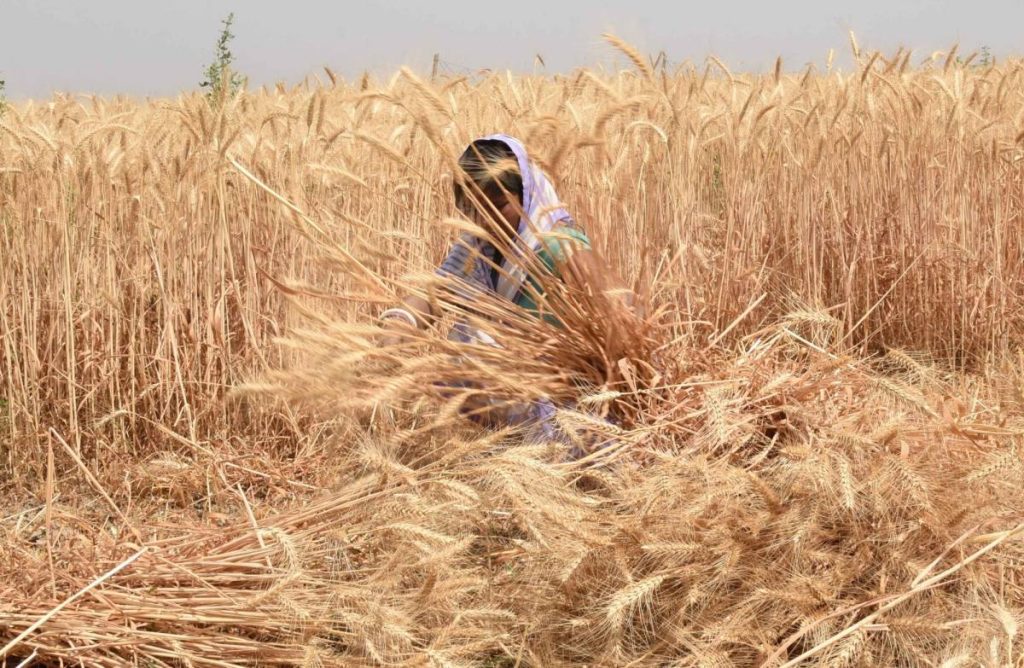
Seeds of hope and trust
In above backdrop, the think tank Imagindia Institute, and the Lemonade Party, a global motivational movement with a motto to make lemonade when life gives you lemons, are urging that India could execute a masterstroke of innovation in food security for Afghanistan — by doing just a tad little more than what it is already planning.
The suggestion is, India must add a block of 1,000 tonnes of “Seeds of Hope and Trust”, in addition to the 50,000 tonnes of wheat-grains that will be sent to Afghanistan. This extra 1,000 tonnes would be wheat-seeds that our Afghan brothers and sisters can sow, and keep reaping the benefits for several years.
Let us unpack the nuances and value of such a gift, below.
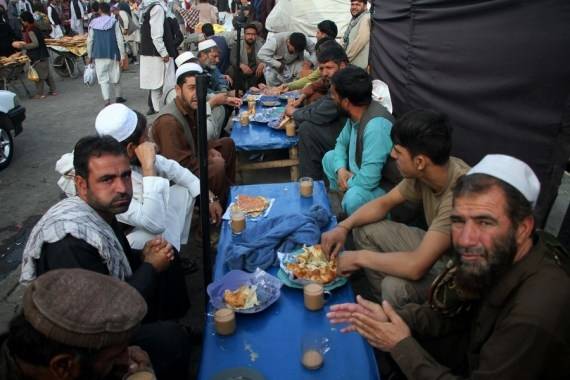
A gift that keeps giving — seeds of hope and trust
While the 50,000 tonnes of wheat-grains from India that reach Afghanistan will be consumed within weeks or months, the additional 1,000 tonnes of the seeds of hope and trust will be a gift to the Afghan people that will keep producing about 30,000 tonnes of wheat-grains, year on year.
Within 9 months of sowing, under Afghan conditions, the 1,000 tonnes of the wheat-seeds will produce a first crop of about 30,000 tonnes of wheat-grains. Out of these 30,000 tonnes, 1,000 tonnes would be kept aside as wheat-seeds to sow the next crop, and the balance 29,000 tonnes can be consumed.
This cycle can be repeated every year, and will provide 29,000 tonnes of wheat-grains per year, for the next 4 years at least.
The returns will be manifold for both Afghanistan and India.
1. Will add to the food security of Afghanistan, on a year-on-year sustainable basis.
2. India will earn ongoing goodwill of Afghan people, every year, at harvest time.
3. and, will bring worldwide respect for India’s innovation in agricultural practices and diplomacy to solve challenges of world hunger.
Talk of a gift that keeps giving! Also, reminds of the old adage — don’t just give fish, but teach how to fish. Here below is how this can be done, and done well.
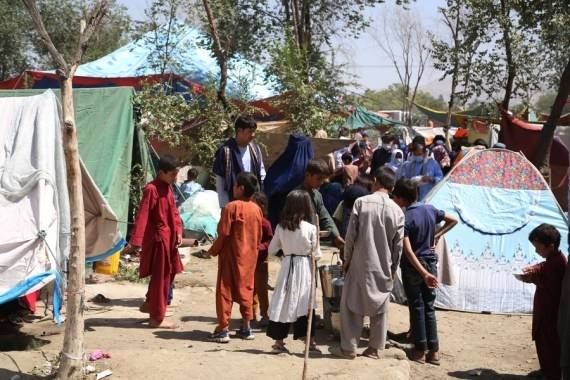
The calculus of wheat in Afghanistan
The Lemonade Party has done research to evaluate the technical pragmatism of our call to send seeds of hope and trust to Afghanistan, as a piggy-back to the donation of wheat-grains.
Your column of today, has discussed with some of the world’s top experts in agriculture, soil sciences, wheat varieties, and with field experiences in Afghanistan, to arrive at a conclusion that should be able deliver on the promise as set out in this column.
India does already have some wheat-seed varieties that could be suitable for the rugged environs of Afghanistan, including a variety that has been specifically developed for the highland, cold regions of Afghanistan. Therefore, we have identified a most appropriate seed variety for this initiative of seeds of hope and trust.
As compared to India, where one crop of wheat is harvested in about 6 months (and in balance 6 months of the year, 2-3 other crops are harvested from the same farmland), in Afghanistan the wheat crop cycle takes about 9 months (and in balance 3 months of the year farmers may, or may not, grow some local, seasonal produce). In highland cold regions of Afghanistan, wheat is sown in the months of October-November, and it remains under snow till February. The buried seedlings start growing once the snow melts, and the crop is harvested in April to June.
In usual Indian conditions, one kilogram of wheat-seeds produce about 55 kg of wheat-grains. Accounting for Afghanistan conditions, and highland cold regions, the yield of the wheat-seeds chosen for this exercise is expected to be about 30 kilograms of wheat-grains, for every kilogram of wheat-seeds. Thus, 1,000 tonnes of the wheat-seeds would yield about 30,000 tonnes of wheat-grains, every year in Afghanistan.
Another reason for low productivity in Afghanistan, other than soil conditions, is that they use very little fertilizers in farming on account of non-availability, and many fertilizer chemicals are banned there. Fertilizer chemicals are banned because these can be used to make explosives, IEDs, and such. In absence of fertilizers, crops in Afghanistan yield a low productivity.
Thus, a recap – as mentioned earlier, the 1,000 tonnes of wheat-seeds will produce a crop of 30,000 tonnes of wheat-grains every year in Afghanistan. Out of the 30,000 tonnes produce, 1,000 tonnes would be kept aside every year, to be used as seeds for the next sowing season. Therefore, 29,000 tonnes of wheat-grains will available for consumption, every year.
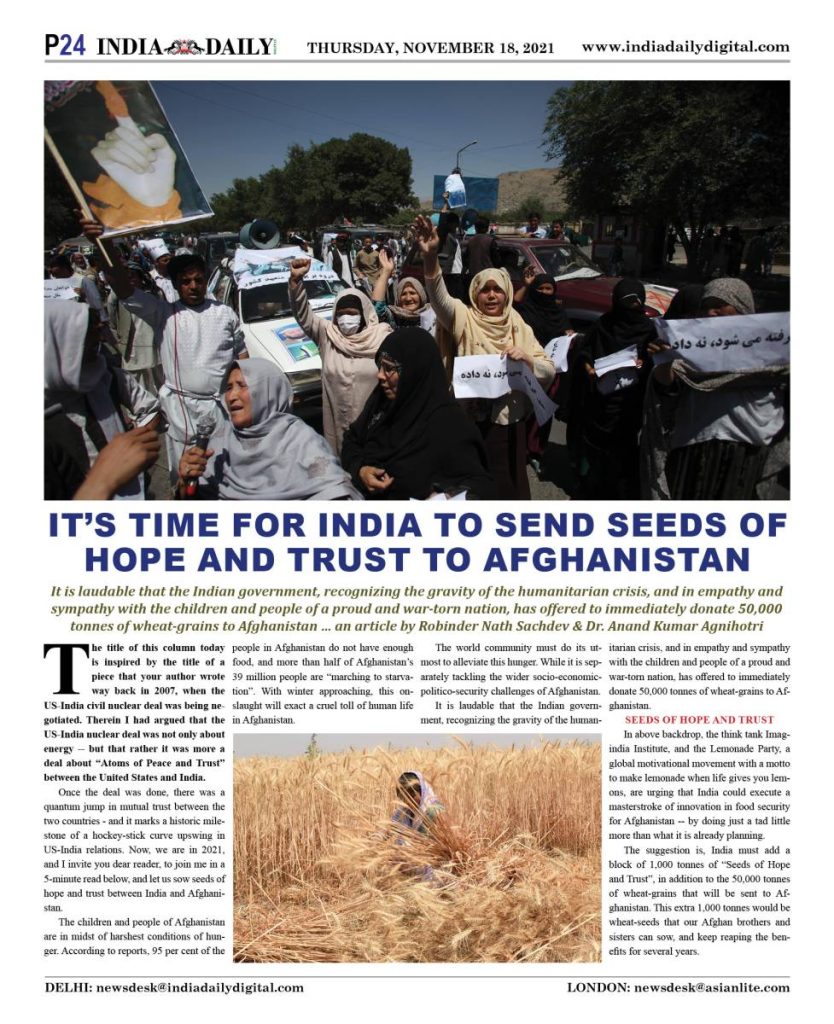
Delivering a caravan of seeds of hope and trust to Afghanistan
India has donated wheat-grains to Afghanistan in past years also — but that was via the cumbersome sea-route. Last year, India donated 75,000 tonnes of wheat-grains which were sent via the sea route from Kandla port in India to the Chabahar port in Iran, and then trucking from Chabahar to the Iran-Afghanistan border in the remote south-east province of Nimroz in Afghanistan.
However, this time round, India is proposing to instead deliver the shipment of 50,000 tonnes of wheat-grains via the shorter land route, a mere 650 km to Afghanistan border from the Attari-Wagah border, via Pakistan.
Permissions from Pakistan to send this humanitarian aid to Afghanistan are of course key to implement the delivery. Given the state of India-Pakistan relations, Pakistan has been trying to ignore, stone-wall this delivery. However, a range of diplomatic and geopolitical efforts are at play, and given the humanitarian urgency there is a decent chance that Pakistan will acquiesce — with some usual conditions of international customs, and cross-border travel.
Last week, Pakistan Prime Minister Imran Khan, in talks with Taliban leaders in Islamabad, is reported to have told them that if they request for the Indian shipment to be allowed to transit Pakistan, then Pakistan may consider to help its Afghan neighbours.
Now, to carry these 50,000 tonnes, it would need about 5,000 trucks (say, more or less) to start rolling their wheels from Attari-Wagah, travel across Pakistan, and reach Afghanistan.
An extra 1,000 tonnes of seeds of hope and trust, will mean only an additional 100 trucks, that could easily be part of this caravan. Thus, instead of 5,000 trucks, it shall be 5,100 trucks. With a massive exercise planned out with 5,000 trucks — what is an additional 100 trucks?
It is time for India to send seeds of hope and trust to Afghanistan.
(Robinder Nath Sachdev is president of Imagindia Institute, and founder of the global Lemonade Party; Dr. Anand Kumar Agnihotri is a renowned agriculture expert)

